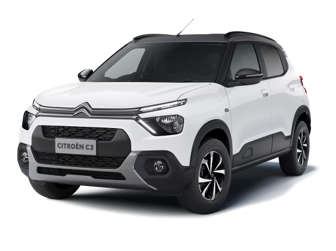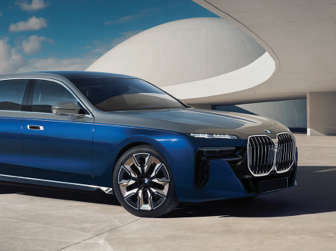With almost 70% of the fuel price going towards tax, will motorists now be burdened with paying additional fees to help fund the proposed Gautrain expansion? That seems to be the question on everyone’s mind, but we trust that post the COVID 19 crisis our government will rather find ways for South Africans reduce their tax bill.
The Gautrain expansion project, which is likely to commence in 2024, sees an additional 150km of railway line and 19 new stations added to the existing network. Gautrain Management Agency CEO William Dachs set alarm bells ringing when he said in a webinar hosted by CNBC Africa that the expansion would probably be funded by a combination of public and private sector contributions. He said the agency considered general tax increases to fuel taxes and fuel levies, car licence fees, as well as congestion charges. This is in additional to traditional funding sources such as private developers, government funding, and people who invest in the train itself.
However, a few days later he made a quick turnaround, saying he was misunderstood. He said that while there is no plan to make motorists pay for any rail extensions, we can’t simply let car usage go uncontrolled. He does have a point - cars have a major negative impact on our environment and we should follow in the footsteps of many other developed countries by lowering our car usage. South African major cities rank relatively high on the Top 500 Carbon Footprints of World Cities, with Johannesburg at 13th place, Cape Town at 89th, Durban 102nd and Port Elizabeth 335th.

However, we’re a long way away from this with an unreliable and often expensive public transport system. Asking motorists to pay additional tax should not be an option either. As Wayne Duvenage, for the Organisation Undoing Tax Abuse (OUTA), points out, motorists in this country are already overtaxed. “When you put the fuel levies, the vehicle licence fees which have gone up over the last number of years, when you look at the VAT that you pay on vehicles and import duties, the problem is that we don’t necessarily want to use road vehicles but we have no alternatives,” he said in response to Dachs’ comments.
Taxes and levies already make up 70% of South Africa’s fuel price. That means when you fill up a 50-litre tank of petrol, you’re paying roughly R290 towards the General Fuel Levy (GFL), the Road Accident Fund (RAF) Levy.

Anyone who has been stuck on the William Nicol offramp during rush hour traffic will agree that we would all benefit greatly from having few cars on the road. However, that won’t be possible if we don’t have some other way of getting around. Cities around the world are trying to identify ways to make driving a choice rather than a necessity – and fuel levies are just one of the many tools used globally. This is how some cities around the world are encouraging people to use their cars less:
- Car-free zones, either permanent or on specific days
- Car use by residents only
- Reliable, flexible, cost-effective public transport
- Urban planning that includes mixed-use developments and affordable housing
- Re-allocation of road space to cyclists and pedestrians
- Introduction of bike-share and ride-share schemes
These initiatives will take time to get in place. Until then, it’s worthwhile knowing that many newer car models are fuel efficient and have lower greenhouse gas emissions. Older cars use more petrol and produce more toxic emissions than newer models. In addition to using your car less frequently, you can help reduce pollution by maintaining your car – service your car regularly, follow the manufacturer’s maintenance schedule and use the recommended oil for your car.
Do your part to help with air pollution and keep your car in top shape with a Maintenance Plan through MotorHappy and making sure its recommended scheduled services are taken care of by approved dealers. Use our easy online quote compare and buy service to find out just how easy it is to budget for the ongoing care of your vehicle.
Low Mileage Cars in South Africa
Toyota Starlet comes with a funky design and an affordable price tag


